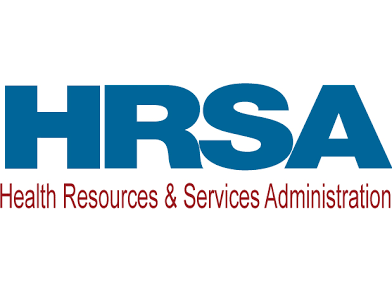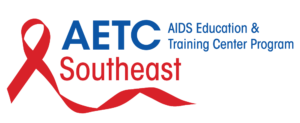Integration of Oral Health and Primary Care Technical Assistance Toolkit

Toolkit Developed By HRSA
Background
People with HIV struggle to access oral health care, and this lack of access to care can significantly impact overall health and quality of life including their ability to work andengage in community activities. Adequate oral health care is especially important for people with HIV because they are predisposed to certain oral health problems such as dental caries, oral lesions, and periodontal disease, which may be further exacerbated by HIV treatments that worsen conditions like dry mouth. Despite the importance of oral health care, there are notable gaps in utilization and access. The HRSA HAB Special Projects of National Significance (SPNS) Oral Health Initiative found that a majority of people with HIV had not seen a dentist in more than two years, and almost half reported an unmet oral health care need at some time since HIV diagnosis. The integration of oral health and primary care can alleviate some of these problems by ensuring early detection of oral diseases, reducing risk through education, and connecting clients to oral health care. Providers funded through the RWHAP are uniquely positioned to support integration efforts, given they already seamlessly integrate HIV care with primary care while providing support services that help clients stay engaged in care.
To address the importance of oral health and reduce oral health disparities for people with HIV, HRSA HAB identified challenges, best practices, and strategies implemented by RWHAP recipients to integrate oral health and primary care services. The team completed an environmental scan of resources related to oral health and primary care integration, followed by nine site visits to recipients who had demonstrated excellence in delivering or connecting clients to oral health care. Site visits involved interviews with clinical, administrative, and support staff to understand how these recipients developed and maintained their oral health models. This technical assistance toolkit (toolkit) reflects the lessons learned from these activities.
